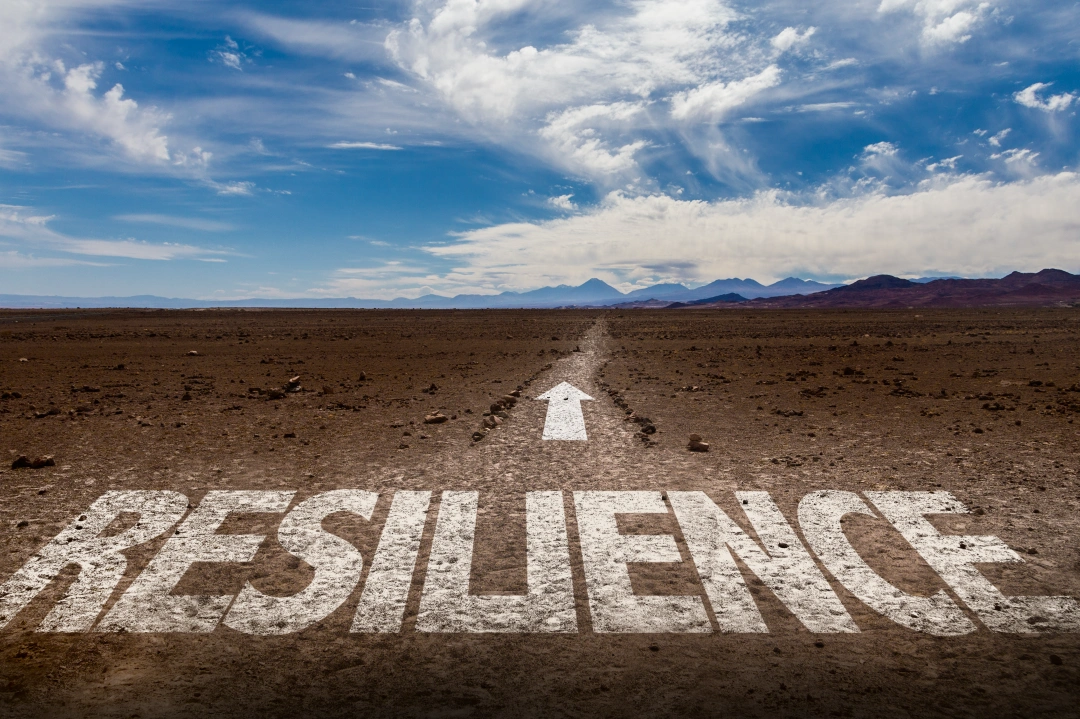
Amid Trump’s re-election, COP29 compromises, and Spain’s climate crisis, the growing global energy demands, coupled with market dynamics and corporate commitments to sustainability driven by consumer demand, will continue to drive progress. Economic incentives, technological advancements, state-level initiatives, global collaboration, and humanity’s capacity for resilience and innovation are expected to sustain the momentum of energy transition and decarbonization efforts, creating impactful global ripples.
Despite the federal uncertainty surrounding Trump’s potential rollback of the Inflation Reduction Act (IRA) and the Paris Accord, the act’s momentum and market-driven nature have embedded renewable energy deeply into state economies.
Many US states and municipalities have established their own renewable energy targets and climate action plans. These localized efforts are likely to persist, providing resilience against federal policy changes.
Even politically conservative states like Texas and Iowa continue expanding renewable energy projects, driven by local mandates and the IRA’s tax incentives.
In California, progressive legislation such as SB 253 and SB 261 is pushing corporations toward transparency on emissions and climate risks. New York has also implemented ambitious clean energy programs that contribute significantly to national decarbonization goals.
The energy transition is under strain from increasing global energy demands, particularly as tech giants pursue clean power to fuel AI growth. COP29 discussions highlighted nuclear energy as a critical tool for emissions reduction and energy security. While innovations like small modular reactors (SMRs) address some concerns, challenges such as cost and nuclear waste remain.
Nuclear energy will play an increasingly important role in transitioning to GHG-free baseload power sources. These trade-offs may be unavoidable to meet the world’s energy needs.
The clean energy sector has experienced significant growth, driven by decreasing costs and increasing competitiveness of renewable technologies. This economic viability is expected to continue attracting investments, regardless of federal policy shifts. For instance, utility-scale solar and wind projects have become cost-effective alternatives to fossil fuels, encouraging ongoing development.
Numerous corporations have committed to sustainability goals, including reducing carbon footprints and transitioning to renewable energy sources. These corporate strategies are often driven by consumer demand and shareholder expectations, making them less susceptible to federal policy reversals. Companies across various industries are investing in clean technologies to meet their environmental objectives.
Ongoing innovations in clean energy technologies, such as energy storage and grid modernization, are enhancing the feasibility and reliability of renewable energy systems. These advancements support the continued transition to a low-carbon economy, independent of federal policy directions. Developments in battery technology and smart grids are particularly noteworthy in this context.
Global climate initiatives and agreements, including the Paris Agreement, involve multiple nations committed to emission reductions. Even if the US federal government withdraws, international pressure and collaboration can influence domestic policies and encourage subnational entities to adhere to global standards. The international community’s dedication to climate action remains a driving force for progress.
While potential policy reversals under the Trump administration pose challenges, the combination of market forces, state and local actions, corporate commitments, technological progress, and international cooperation provides a robust foundation for the ongoing energy transition and decarbonization efforts.

I’ve spent the past 18+ years helping ports, supply chains, and global businesses turn sustainability goals into real, measurable results.
From leading billion-dollar infrastructure projects to building my own consulting firm, I’ve seen how the right strategy can turn pressure into opportunity.
My mission today is simple: help leaders like you build sustainable, future-ready businesses that don’t just check boxes—but actually make an impact. One decision, one project, one team at a time.
Let’s build what’s next—together.
Have a project or idea in mind?
I’d love to hear what you’re working on.
Book a quick call here